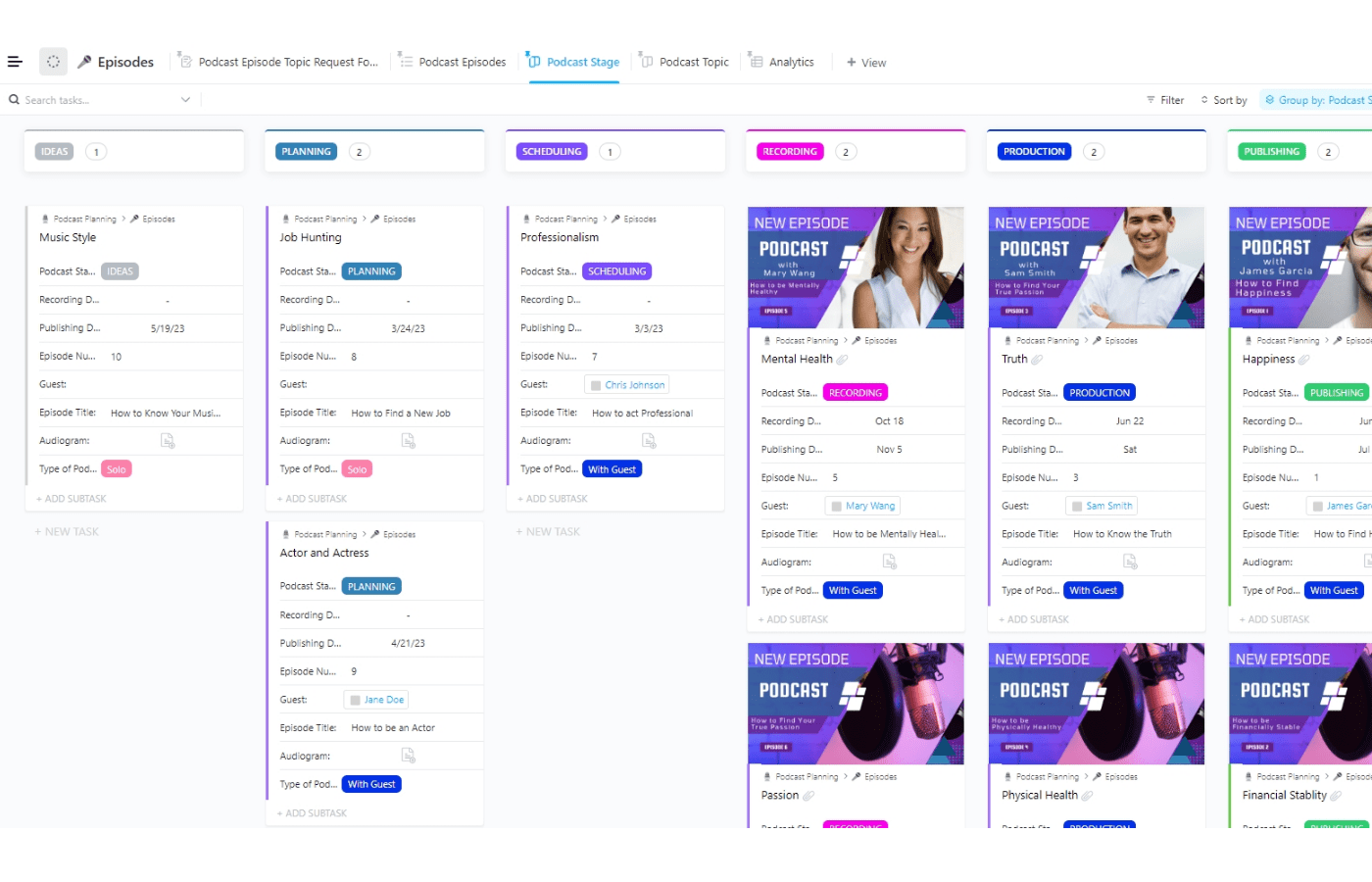Auditing is key to monitoring the success of any project. Project auditing is important to validate whether the project is feasible in a business sense, to verify whether the project can move on to the next phase, and also to check any specific issues that crop up during project execution. Most importantly the audits would help in reassuring the management of the project.
Read More: What is a Project Charter? Complete Guide & Examples
Every audit plan should have a clearly defined audit scope, audit criteria, audit team with the roles and responsibilities identified and assigned. The entry criteria for a project audit can be said to be the project kick-off and framing of project plan.
Because of a well executed project audit there are benefits that can be accrued.
- The first and the most significant benefit is the ability to identify problems early on.
- Access to performance/ project costs/ project timeline interrelationships
- Enhance overall project performance
- Ability to identify possible opportunities
- Informed appraisals for the project team
- Reduce waste in terms of time, effort, material and costs
To ensure that the right parameters are monitored and audited one needs to follow the project audit best practices. These best practice act as a guideline for planning the audit. Let us now look at the various factors to consider while audit planning.
- Project auditing should be done even in the project early times so as to ensure that the process compliances are verified early on.
- While planning organizational level audits, care should be taken such that every department and the underlying business processes can be verified in depth for adherence to organizational values and processes. The frequency of these organizational audits ideally should be once every six months.
- The best time for conducting audits is just before completing each of the project phases or milestones. This will ensure that the errors whether process, code or any other are not carried forward to the next phase thus reducing the magnitude of the errors.
- Another important fact to remember is that the audit team should be independent of the project team. The audit team should be trained on the audit process and practices.
- The audit team should also have a lead auditor who would be the “go-to ” person during the project audit activity.
- Audit scope and audit criteria should be clearly defined and the differences between the two highlighted. At high level, audit scope defines the limits and the boundaries within which the audit will be done, whereas audit criteria provide the list of processes or standards against which the project would be audited.
Read More: What is Project Management? Definition, Types & Examples





